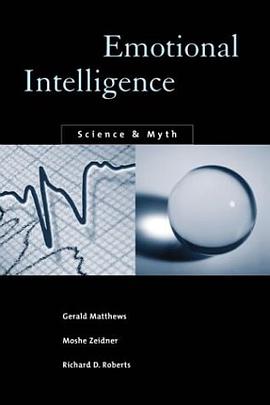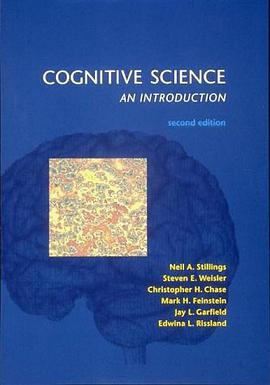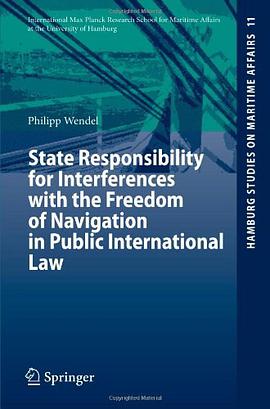

具体描述
Emotional intelligence (EI) is one of the most widely discussed topics in current psychology. Although first mentioned in the professional literature nearly two decades ago, in the past five years it has received extensive media attention. The term "emotional intelligence" refers to the ability to identify, express, and understand emotions; to assimilate emotions into thought; and to regulate both positive and negative emotions in oneself and others. Yet despite the flourishing research programs and broad popular interest, scientific evidence for a clearly identified construct of EI is sparse. It remains to be seen whether there is anything to EI that researchers in the fields of personality, intelligence, and applied psychology do not already know.This book offers a comprehensive critical review of EI. It examines current thinking on the nature, components, determinants, and consequences of EI, and evaluates the state of the art in EI theory, research, assessment, and applications. It highlights the extent to which empirical evidence supports EI as a valid construct and debunks some of the more extravagant claims that appear in the popular media. Finally, it examines the potential use of EI to guide practical interventions in various clinical, occupational, and educational settings.
作者简介
目录信息
读后感
评分
评分
评分
评分
用户评价
相关图书
本站所有内容均为互联网搜索引擎提供的公开搜索信息,本站不存储任何数据与内容,任何内容与数据均与本站无关,如有需要请联系相关搜索引擎包括但不限于百度,google,bing,sogou 等
© 2026 book.quotespace.org All Rights Reserved. 小美书屋 版权所有




















